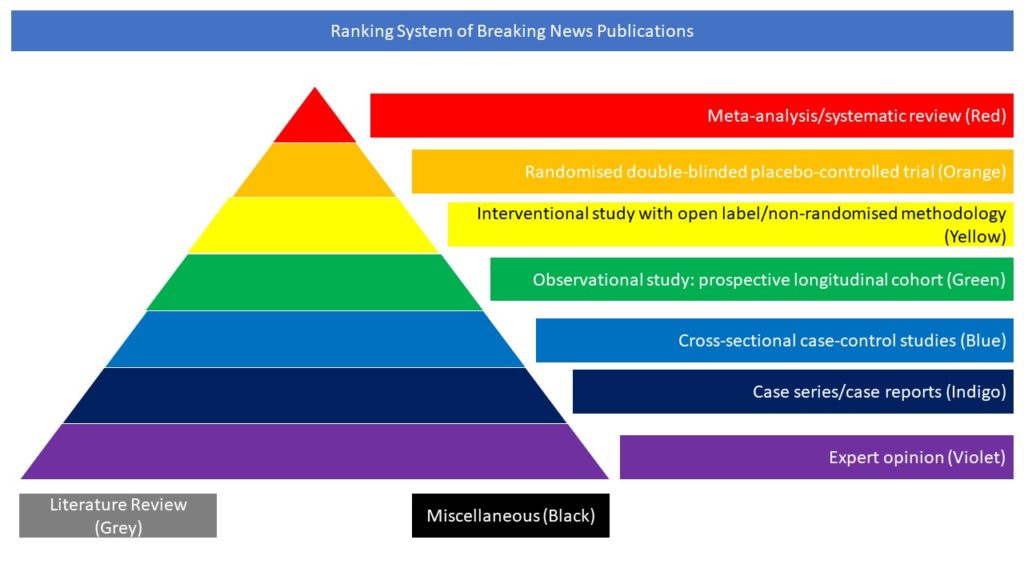Case series/case reports (Indigo)
The objective of this study was to evaluate potential predictive factors of smell recovery in a clinical series of 288 patients presenting olfactory dysfunction (OD) related to the COVID19. Potential correlations are sought between epidemiological, clinical and immunological characteristics of patients and the persistence of OD at 60 days. COVID-19 positive patients presenting olfactory dysfunction were prospectively recruited from three European hospitals. Baseline clinical and olfactory evaluations were performed within the first 2 weeks after OD onset and repeated at 30 and 60 days. In a subgroup of patients, anti-SARS-CoV-2 antibodies were measured in serum, saliva and nasal secretions at 60 days. A total of 288 COVID-19 patients with olfactory dysfunction were included in the study. Two weeks after the onset of the loss of smell, 52.4% of patients had OD on psychophysical tests, including 113 cases (39.2%) of anosmia and 38 cases (13.2%) of hyposmia. At 60-day follow-up, 25.4% of the patients presented persistent OD. There was no significant correlation between sex, age, viral load on nasopharyngeal swab or COVID-19 severity and poor olfactory outcome. In a subgroup of 63 patients, the authors demonstrated that patients with poor olfactory outcomes at 60 days had lower levels of salivary and nasal IgG and IgG1, but similar levels of antibodies in the serum. No clinical markers predicted the evolution of OD at 60 days. Patients with poor olfactory outcome at 60 days had lower saliva and nasal antibodies, suggesting a role for local immune responses in the persistence of COVID-19 related OD.
Saussez S, Sharma S, Thiriad A, Olislagers V, Vu Duc I, Le Bon SD, Khalife M, Hans S, De Riu G, Hopkins C, Lechien JR, Vaira LA, Marchant A. Predictive factors of smell recovery in a clinical series of 288 COVID-19 patients with olfactory dysfunction. Eur J Neurol. 2021 Jun 22. doi: 10.1111/ene.14994








